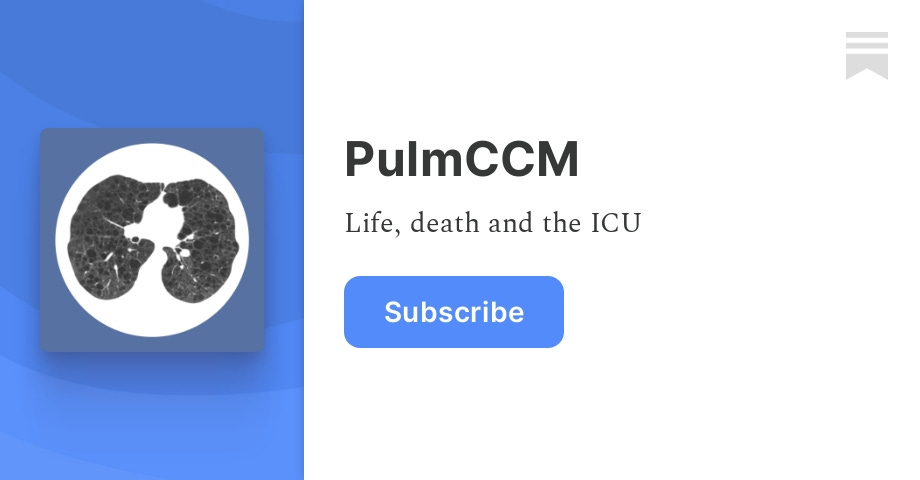yes, the point is that what makes interns dangerous is what they don't know, and not knowing what they don't know, and not being scared enough, and being overconfident
and it's general consensus that even if you have significant experience as a paramedic, anything less than having had residency training that prepares you to manage airways (oh gosh, so many debates here, but only anesthesia & CC regularly wax poetic about their intubation skills), you likely do not have anything approaching the numbers to consider yourself competent. It's been a debate about EM and IM, but depending on the details it is likely reasonable they perform them, but if they come to SDN looking to brag about it, they'll probably get the smack down from a number of people better qualified to do them.
I don't care who you are, any intern should feel more comfortable suturing than intubating. No one, and I repeat no one, should ever feel more comfortable with intubation over suturing a wound. I don't care if the last time you picked up needle driver's was 10 years ago. If that's the case, you need to reconsider the risks of intubation, and reacquaint yourself with basic suturing techniques. Get a pig's foot, order supplies on Amazon, and spend a short afternoon with YouTube.
I too had enough "experience" prior to residency, as a student and a trainee, to "volunteer" myself to attempt an intubation on more than one occasion - under supervision of anesthesia/CC- knowing full well I could knock someone's teeth out (a not so bad outcome I'd seen an experienced anesthesia resident do) all the way up to more severe badness.
So it's one thing if an intern has more or less confidence in seeking out a learning opportunity with a procedure because of past experience - but as a trainee with a fresh yet limited medical license, you should be initially pretty scared about anything you do. Particularly intubation.
People forget that there isn't exactly a reset to intubation attempts either - any one that you do can induce trauma, swelling, regurgitation, and make an otherwise easy intubation more difficult. So there's a risk giving you a "crack" at it, so don't let the fact anesthesia's standing there or your sim lab experience, make you feel complacent about the risks and how important it is that you try to do it right, despite any experience you DO or DON'T have. And that despite "doing it right," it can still go horribly wrong.
I'm sorry, but when paramedics intubate shyte has hit the fan in a way that basically makes that somewhat less pertinent to our discussion of intubating patients in a hospital setting as a physician.
My first intubation attempt as an intern, well, not during the crack at it that I had, or that the senior had, but during the 3rd attempt by the CC attending, during that intubation, the patient aspirated. They promptly developed aspiration pneumonia, ARDS, septic shock, and almost died.
Intubation is serious business. Basic lac wound suturing skills are easy to learn, even on your own. This is what you should walk away knowing from an intern skills thread.





